Administering a lab test may have ample of instructions to be followed. One such is fasting before sample collection. There are a couple of diagnostic tests that require fasting. A bit of alteration from what has been suggested can account for huge erroneous results. So, when you are asked to remain hungry, it’s better you do it or regret later.
However, why do we need to fast before some tests?
Any intake of food causes a visible change of blood composition. When every organ of our body is working efficiently, these variations settle down after allotted time. Therefore, to understand exact functioning of our body parts, fasting of 10 -12 hours is essential. It ensures that the composition has no external influence and depicts exactly the true functions of organs. 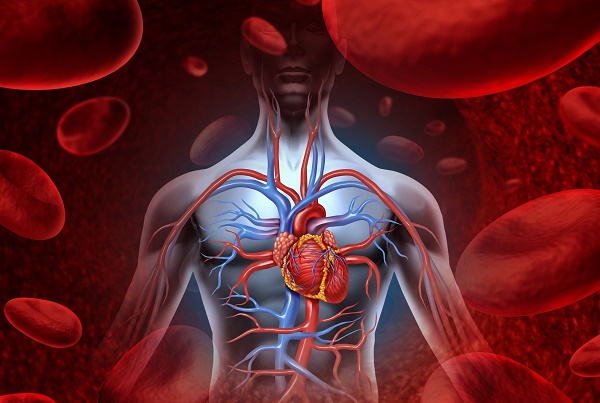
If normal results are obtained, the body is said to be healthy. And, on the other hand, abrupt results call for treatments and precautions.
Few tests that require fasting are:
Vitamin B12:
Vitamin B12 is an essential vitamin necessary for various metabolic activities of our body. It maintains blood cell production, brain and nerve health. Vitamin B12 test is conducted to check levels of Vitamin B12 in body.
Doctors may order the test when following symptoms are experienced:
- Weakness
- Loss of appetite
- Tingling sensation in hands and feet
- A confused state of mind
- Slight breathing troubles
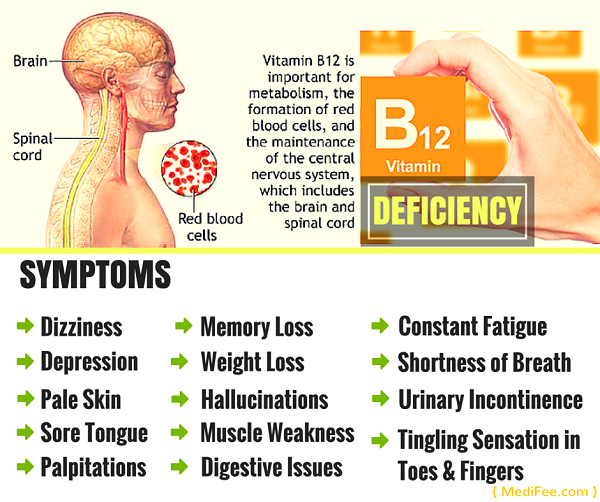
Fasting Hours and Preparation:
Keeping your body well hydrated before the test is important. However, you need to fast for around 8 -10 hrs before the test. Therefore, drinking ample water before this duration is essential.
Normal level:
Every normal adult needs to have Vitamin B12 levels between 200 – 900 pg/ml. However, there can be number of factors determining B12 levels in body and therefore a doctor’s advice is essential to know what exactly your results confer.
C peptide:
C peptide is the byproduct formed when insulin is generated in the body by pancreas. Any substance that we eat or drink is broken down in the form of glucose and essential nutrients. Insulin produced, absorbs this glucose and thus regulates sugar levels in body.
Insulin C peptide tests determine insulin levels in human body. Lesser C peptide indicates lesser insulin generation and higher sugar levels. This test is prescribed to confirm type 1 or type 2 diabetes in patients. 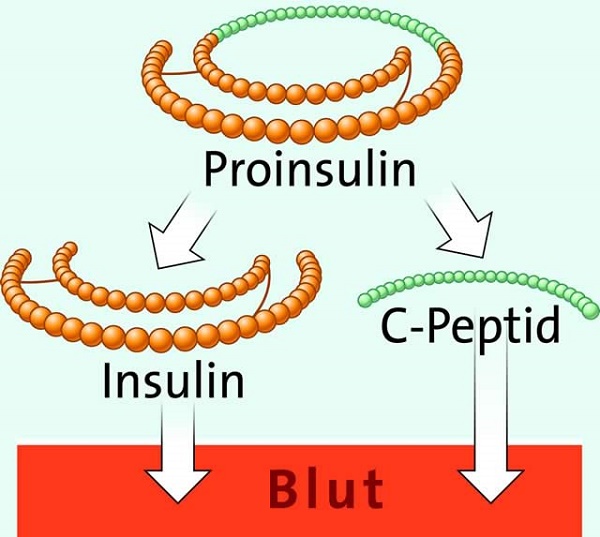
Doctors may order the test when following symptoms are experienced:
- Excessive hunger
- Dizziness and fainting
- Frequent Urination
- Blurred Vision
- Confusion and Irritation
- Heart palpitations
Fasting Hours and Preparation:
Preparation depends upon the age of patients and therefore medical practitioners can give the best suggestion. However, normally 12 hours fasting is required.
Normal levels:
Under normal condition, C peptide levels should be between 0.5 – 2 nanograms per milliliter(ng/ml). However, visiting a doctor for complete result analysis is vital.
Oral Glucose Tolerance Test:
Glucose is the main source of energy for our body. Insulin produced by pancreas is responsible for absorbing glucose to drive out energy.
Oral Glucose Tolerance Test(OGTT) is a blood test done to determine how well our body is making use of the glucose intake. Or in other words, how efficient is our pancreas in producing insulin for the purpose. The body’s inability to generate insulin sufficient to absorb and use the glucose in blood, results to high blood glucose levels. 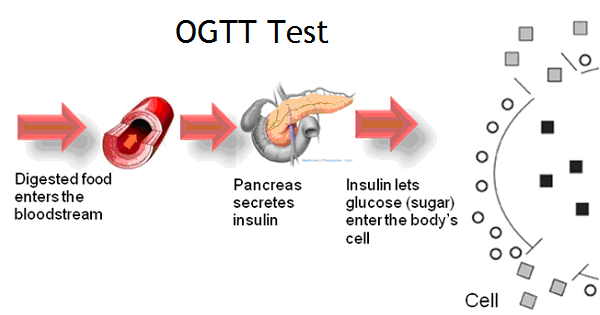
Doctors may order the test when following symptoms are experienced:
- Uncontrolled hunger and thirst
- A need to urinate frequently
- Abrupt weight loss or gain
- Extreme fatigue and slight breathlessness
- Blurred vision and Drowsiness
- OGTT is also performed as a mandatory test during pregnancy
Fasting and Preparation:
Patients who are asked to go for an OGTT test are required to fast for 12 hours before blood sample collection. You should also abstain from any form of physical exercise. It is advised to follow a healthy diet few days before you test is scheduled.
Normal Values:
A blood glucose level of 140mg/dl is considered to be normal and healthy. Level between 140 mg/DL – 199mg/DL is defined as a state of pre-diabetes. Glucose level above 200mg/DL is considered to be high and patients are said to suffer from diabetes.
Lipid Profile:
Lipid profile or Lipid panel is a group of blood test that is done to measure the amount of cholesterol in your blood along with triglycerides. The lipid profile provides four important readings; namely HDL(good cholesterol), LDL(bad cholesterol), total cholesterol and triglycerides.
No visible symptoms are shown in this case. However, doctor may order for this test under following conditions:
- Excessive sweating and short breaths
- Excess body weight or obesity
- Family history of heart disorders
- Diabetes
Most importantly, lipid panels are suggested as one of the screening tests available for both men and women. Doctors suggest that every adult above the age of years needs to go for this test annually. People who have border line cholesterol need quarterly or half yearly tests. 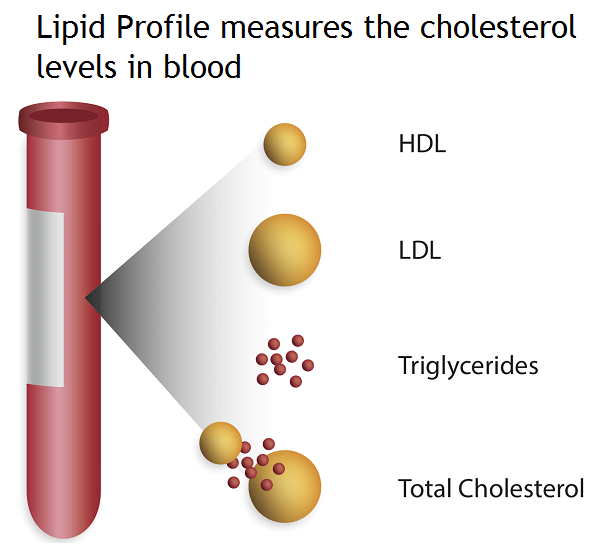
Result analysis:
Total Cholesterol: This is the total amount of cholesterol in body. Cholesterol level below 200mg/dl is considered to be normal.
Low density Lipoprotein(LDL): This is known as bad cholesterol as larger amount in blood increases the risk of heart disease and strokes. Normal levels lie between 70mg/dl to 130mg/dl. Lower levels are desirable.
High density Lipoprotein(HDL): This is known as good cholesterol as it helps in controlling excess levels of LDL in blood. Normal levels lie between 40mg/dl to 60mg/dl. Higher levels are desirable.
Triglycerides: Excess calories are stored by the body as fat in fatty cells of our body. Therefore, eating too much sweets and alcohol consumption can increase your triglyceride levels. The permissible levels lie between 10mg/dl to 150mg/dl.
Besides these there are a number of other blood tests that do require fasting or any kind of other preparation. Stay tuned to learn about other pathological tests with their preparation and results analysis.
very informative